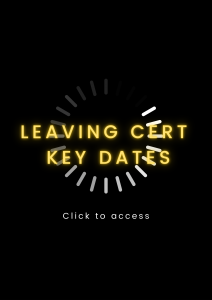
1. Too much information – which sounds like a line from a sitcom, but, it is particularly true in a CV. Don’t ask the employer to wade through oceans of information. They may even decline to do so – and, even if they read it, you run the risk of the employer not seeing the important stuff you want them to see.
Too much information can irritate the employer. Get to the point early, highlight what you really want them to see, and move on. Brevity can be a challenge: as Mark Twain famously said, “I wrote you a long letter because I hadn’t time to write you a short one.”
The temptation is to pour everything into the CV. Much better, I would argue, to be selective and put in the stuff that really helps to sell you. We recommend getting your CV onto two pages. It can be done.
2. Too little information. Don’t be overly minimalistic. You must tell them who you are, where you’ve been, what you’ve done, and what you can bring to their organisation.
3. Lies, untruths, over-statements – call them what you like. An employer has a sixth sense for stuff that doesn’t stack up. They may not try to catch you out in the interview, but a few subtle questions could yield a lot of information that won’t help you.
4. Blankety-blank. While you don’t need to give exhaustive detail on every job, you do need to fill all the blanks. Don’t leave big gaps. Employers may not run a fine tooth comb over ever CV in the hope of finding gaps, but if they happen upon one, it will raise some question marks.
5. Referees who don’t help your cause. A college lecturer may forget you sooner than you think. They might not even reply to the request for a reference.
A good referee should know you well, be familiar with your work, and able to give a good account of who you are and what you do.
6. Failure to summarise your key skills and achievements. To make it easy for the employer, we recommend a section where he/she can quickly see this key information. We put it early in our CVs so that it jumps out at the employer. This section provides ease-of-navigation for the employer, and that can mean a lot to an employer faced with the prospect of finding the best candidate(s) from dozens ens of CVs.
7. Failure to apply your skills to the advertised role. We tell our clients: “The employer has a job to give out, now what have you got to convince them you’re the person for the role.” Thus you must take your experience to date, and apply it to the position in question.
If their role is big on precision, show where you’ve shown precision in the past. The Key Skills & Achievements section is a good place. If they want someone to lead people, tell them what you’ve done on that front – it could have been in your last job, it could have been in a sporting or community setting. If you don’t apply your skills to the role in question, you run the risk of speaking in a vacuum.
Need a CV? Go HERE for all types of CV preparation
Need our help? Complete this form below and we will get back to you





